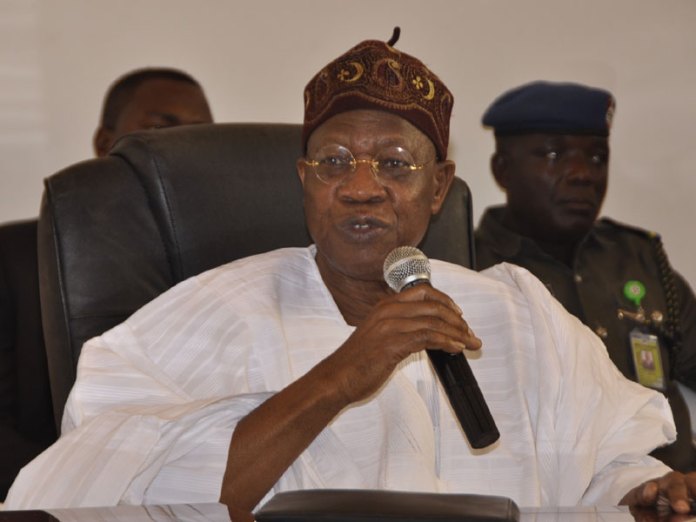
Minister of Information and Culture, Lai Mohammed, yesterday, stated that Nigeria’s commitment to meet Organisation of the Petroleum Exporting Countries (OPEC) cuts was majorly responsible for the slowdown in the performance of the economy.
He, however, assured Nigerians that the current recession would be short-lived and that the country would return to positive growth soon, unlike the 2016 recession, which lasted for five quarters.
The minister added that complementary fiscal, real sector and monetary interventions proactively introduced by the government to forestall a worse decline and alleviate the negative consequences of the pandemic were in place.
Mohammed added that though the non-oil sector also contracted in the third quarter of 2020, the 2.51 per cent year-on-year decline was significantly better when compared to the contraction of 6.05 per cent recorded in the second quarter.
He said: “Nigeria recorded positive economic developments in 2020, but these seem to have been overshadowed by the country’s recession. As you are all aware, Nigeria officially entered recession at the end of the third quarter (Q3), after the country’s GDP declined for the second consecutive quarter in 2020 (Q2 and Q3). That is in line with the traditional definition of a recession. The main reason for this is COVID-19 pandemic. Nigeria is not alone.
“Dozens of countries, including economic giants like the US, the UK and Canada, have entered recession, of course, due to the global pandemic. Others include Austria, Belgium, Denmark, Estonia, Finland, Hungary, Ireland, Italy, Latvia, Lithuania, Mexico, Netherlands, Norway, Romania, Russia and Spain.
“But, as I said earlier, Nigeria’s recession has masked a lot of positive economic developments: According to the National Bureau of Statistics (NBS), the decline of -3.62 per cent in Q3 is much smaller than the -6.1 per cent recorded in Q2. The economic conditions are improving, with 17 activities recording positive real growth in the third quarter compared to 13 in Q2.
“Also, 36 of 46 economic activities did better in the third quarter of 2020 than in the second quarter of the same year. The -3.62 per cent contraction recorded in the third quarter of 2020 was better than the -6.01 per cent earlier forecast by NBS and outperformed several domestic and international forecasts. Please note that before COVID-19, the Nigerian economy had been experiencing sustained growth, which was improving every quarter.”
END

Be the first to comment